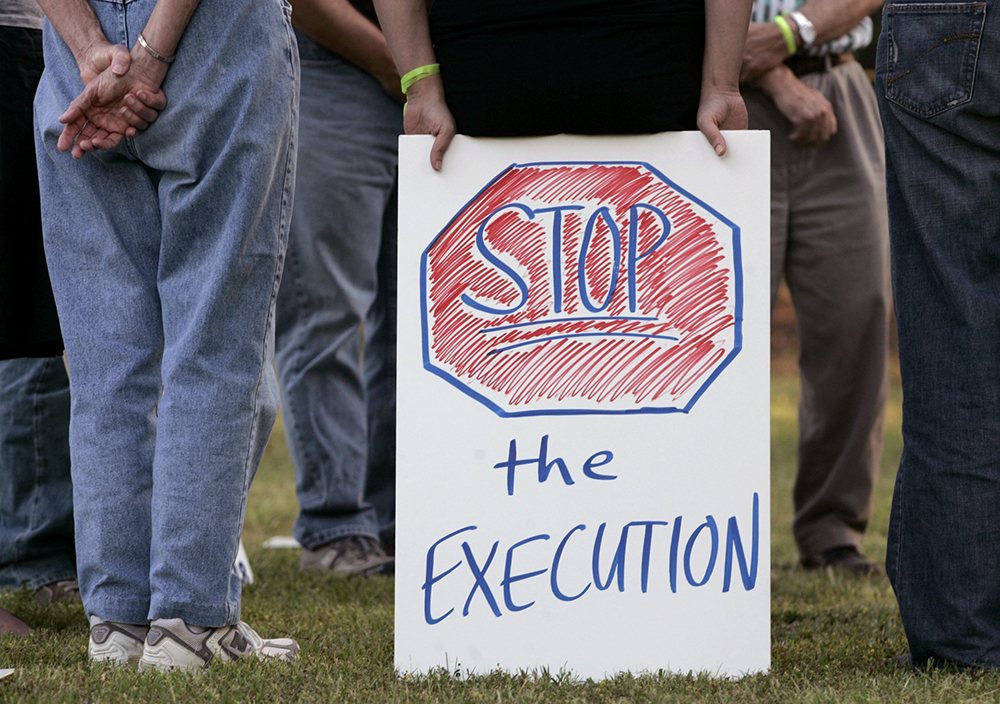
WASHINGTON — Louisiana, which has not executed a death row inmate since 2010, primarily because the state has not been able to obtain the lethal injection drugs needed, is looking to resume executions by using electrocution and nitrogen gas.
On Feb. 21, a House committee advanced a bill to expand the legal methods a state can use to execute its death row prisoners as part of a package in the legislature’s special session called by Republican Gov. Jeff Landry to fight crime.
The bill now moves to the full House for debate.
Representatives who spoke in favor of the bill said that since the state already has the death penalty this measure just provides a means to carry this out.
Opponents who spoke at the hearing said expanding methods for executions is barbaric and a means of cruel and unusual punishment.
Baton Rouge Bishop Michael Duca, who testified at the hearing, said he is “against enhancing or looking for alternative ways to execute because I believe that through incarceration, we can protect our people.”
The bishop also said that Catholic bishops “continue to see the need to respect in all ways the dignity of any human person” even those who have committed heinous crimes.
Landry, a Republican who started his term a month ago, has been urging the state to resume executions paused due to a lack of lethal injection drugs.
Nitrogen gas has gained favor among death penalty supporters after Alabama used this method in January to execute a prisoner. The state of Alabama also plans to use nitrogen gas in an upcoming execution that has not yet been given a date.
In mid-February, an Alabama death row inmate filed a lawsuit against the state, challenging the constitutionality of nitrogen gas executions. The suit said the prisoner put to death by this method shook violently for several minutes in “a human experiment that officials botched miserably.”
Three states — Alabama, Mississippi, and Oklahoma — have authorized nitrogen hypoxia as an execution method, but only Alabama has used it. The execution method calls for placing a respirator-type face mask over the inmate’s nose and mouth to replace breathable air with nitrogen, causing the person to die from lack of oxygen.
Catholic death penalty opponents spoke out against Alabama’s use of nitrogen gas in executions.
The United Nations Human Rights Council similarly cautioned against this method, saying it would violate the prohibition on torture and other cruel, inhuman, or degrading punishment. They also said using this gas would “result in a painful and humiliating death.”
Two years ago in Louisiana, Sister Helen Prejean, a Sister of St. Joseph and Louisiana native, joined with students and other faith leaders at the state Capitol to support a measure to end the death penalty in the state that ended up not passing.
“We need to be a real pro-life state. No matter how grave the crime, we can’t entrust the government with the ability to take lives,” Sister Prejean, a longtime death penalty opponent, said.
Louisiana is one of 27 states that still uses the death penalty.
